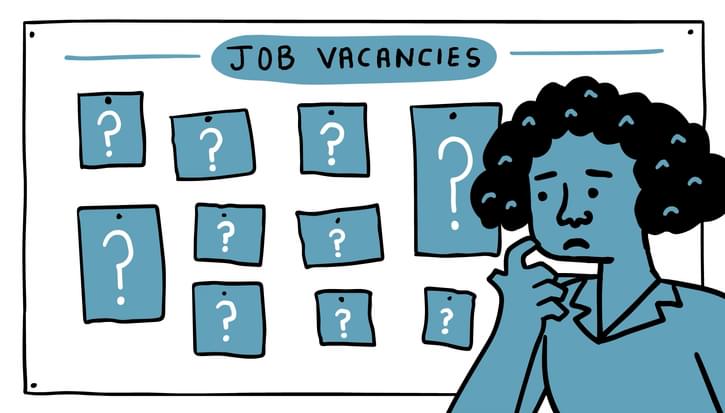Amreen Qureshi
Research fellowAmreen is a Research Fellow at IPPR, where her work focuses on migration policy, racial inequality and socioeconomic disadvantage.
She leads research exploring child poverty among migrant families, migrant homelessness and destitution, and the long-term integration experiences of people navigating the UK immigration system.
Her work spans issues including employment trajectories among refugees, the impacts of the No Recourse to Public Funds policy, progressive responses to irregular Channel crossings, and the effects of Home Office immigration policy on communities. She combines qualitative research methods with policy analysis, and regularly engages with policymakers, civil servants and civil society organisations to inform debate and practice.
Amreen has experience designing and delivering qualitative research, including semi-structured interviews, participatory approaches and peer research models that incorporate lived experience perspectives. She has represented IPPR in parliamentary briefings, stakeholder roundtables and media engagement.
Within IPPR, she founded and co-led the Racial Justice Working Group, helping to embed anti-racist principles into research practice, organisational culture and recruitment processes.
Amreen has an MA in Humanitarianism and conflict response from the University of Manchester and a BA in politics and international relations from Lancaster University.
More from this author:
View all
Making the Child Poverty Strategy work for migrant families
If we are serious about tackling child poverty, we cannot ignore the children of migrant families.
Hidden hardships: The immigration system and child poverty
Child poverty remains a persistent and deeply rooted issue in the UK.
Making strides: Refugees’ employment trajectories in Yorkshire and the Humber
This study is concerned with the job progression opportunities that are available to refugees and people with humanitarian leave.
Charting new waters: A progressive policy response to the Channel crossings
This report outlines the concrete steps which the government can take to mount a progressive and pragmatic response to the Channel crossings.
What would the illegal migration bill mean in practice?

Building the foundations for social connections in Yorkshire and the Humber
This toolkit is designed to support those working with refugee, migrant and receiving communities in the Yorkshire and Humber region, to build the foundations for meaningful social connections.